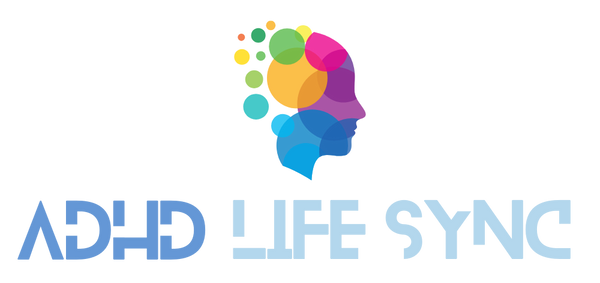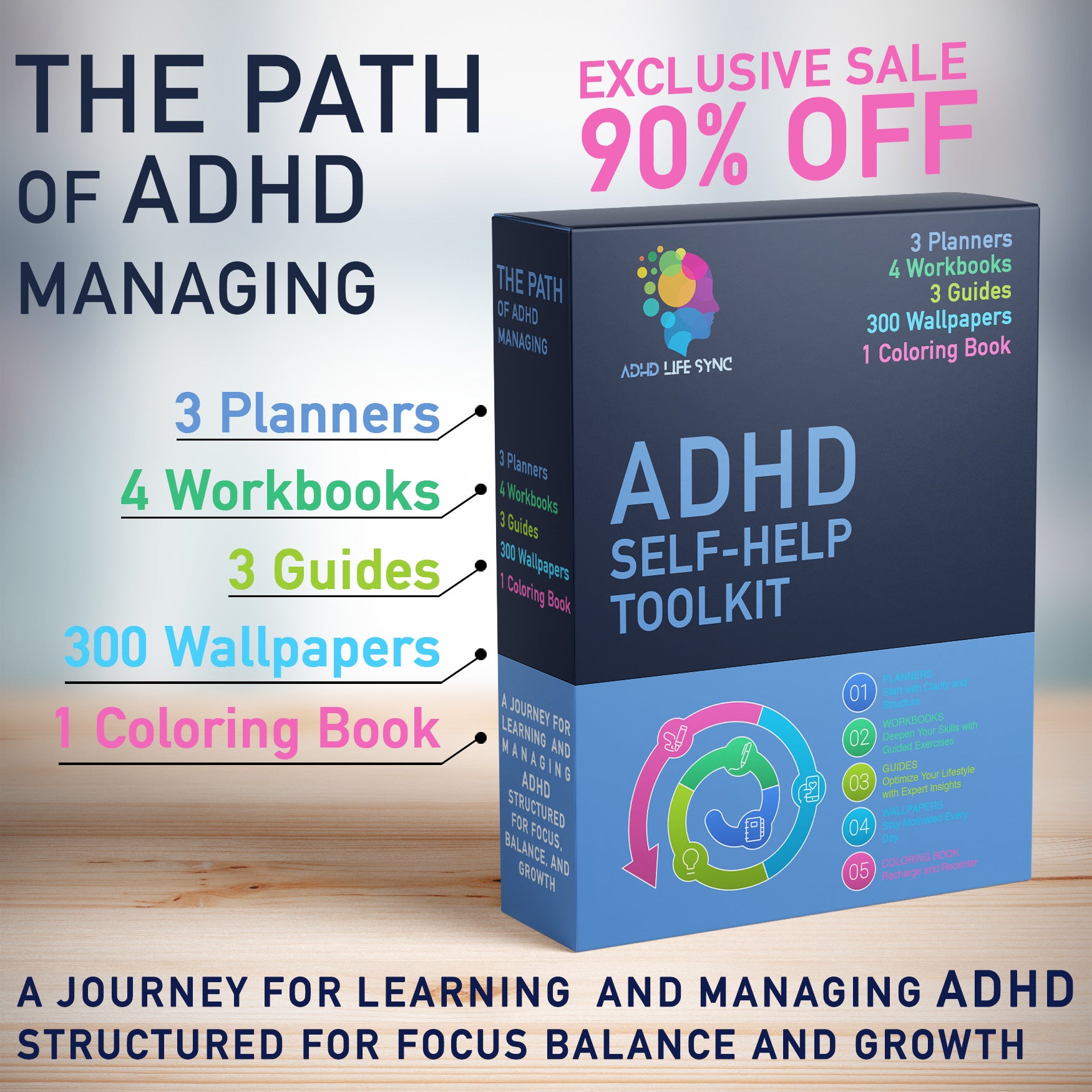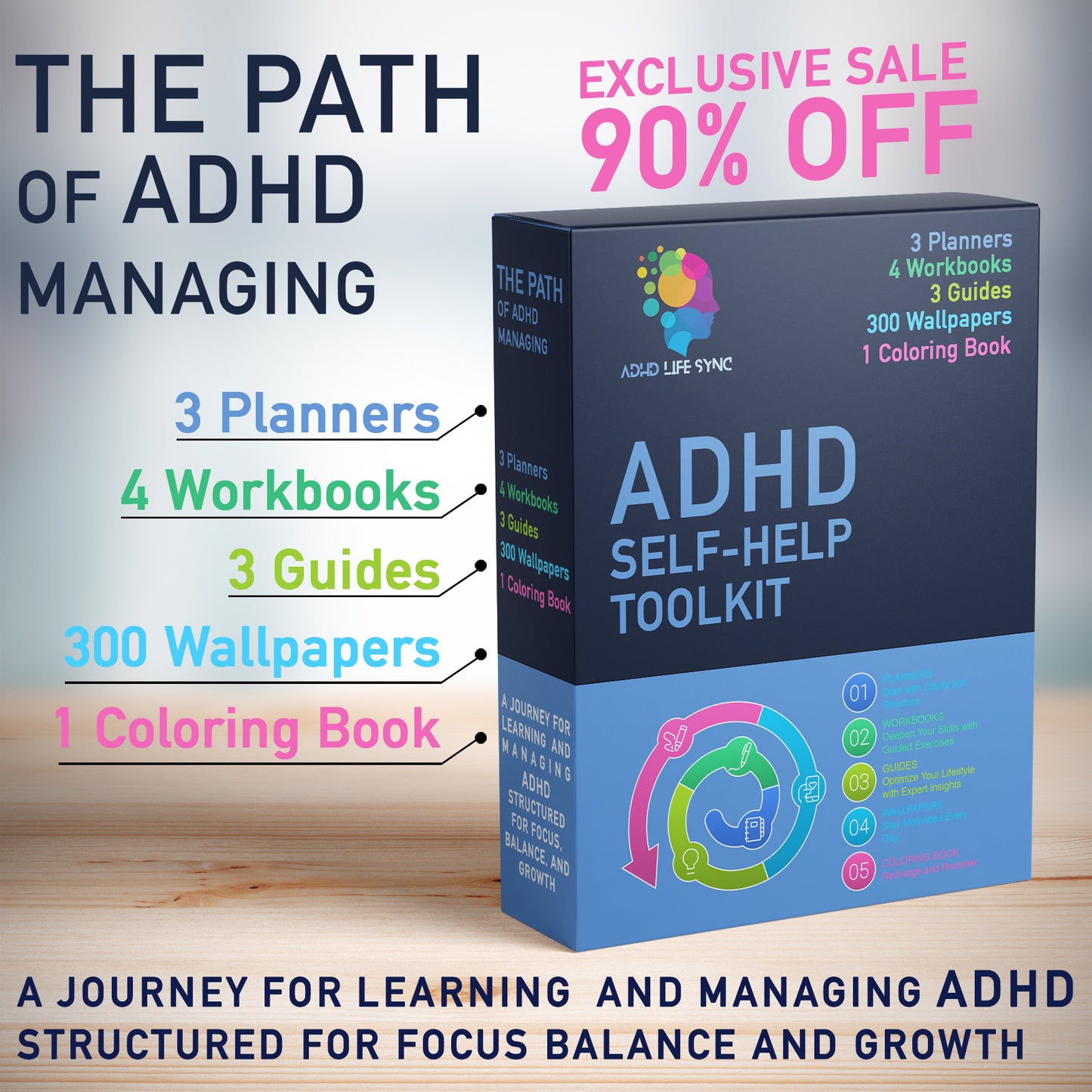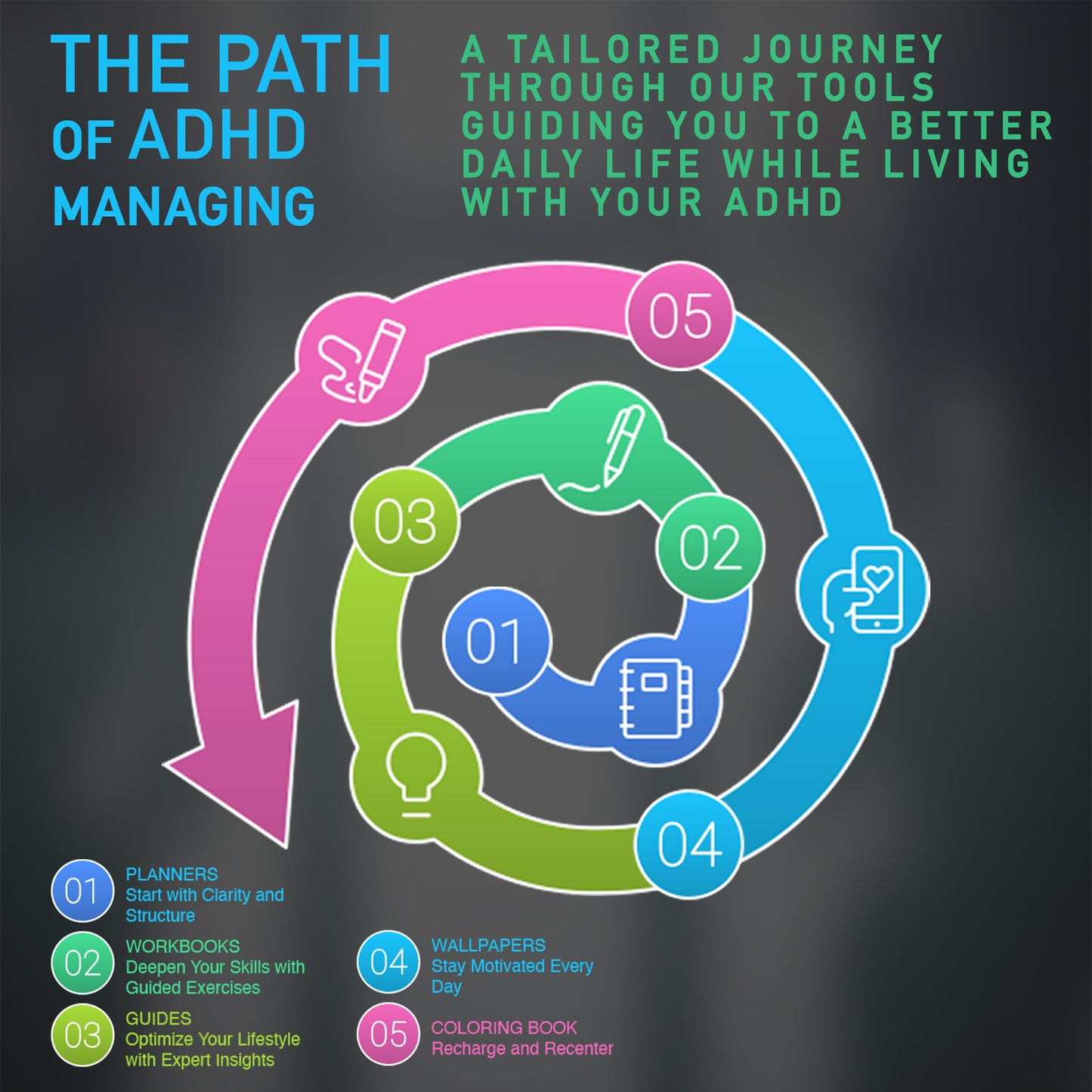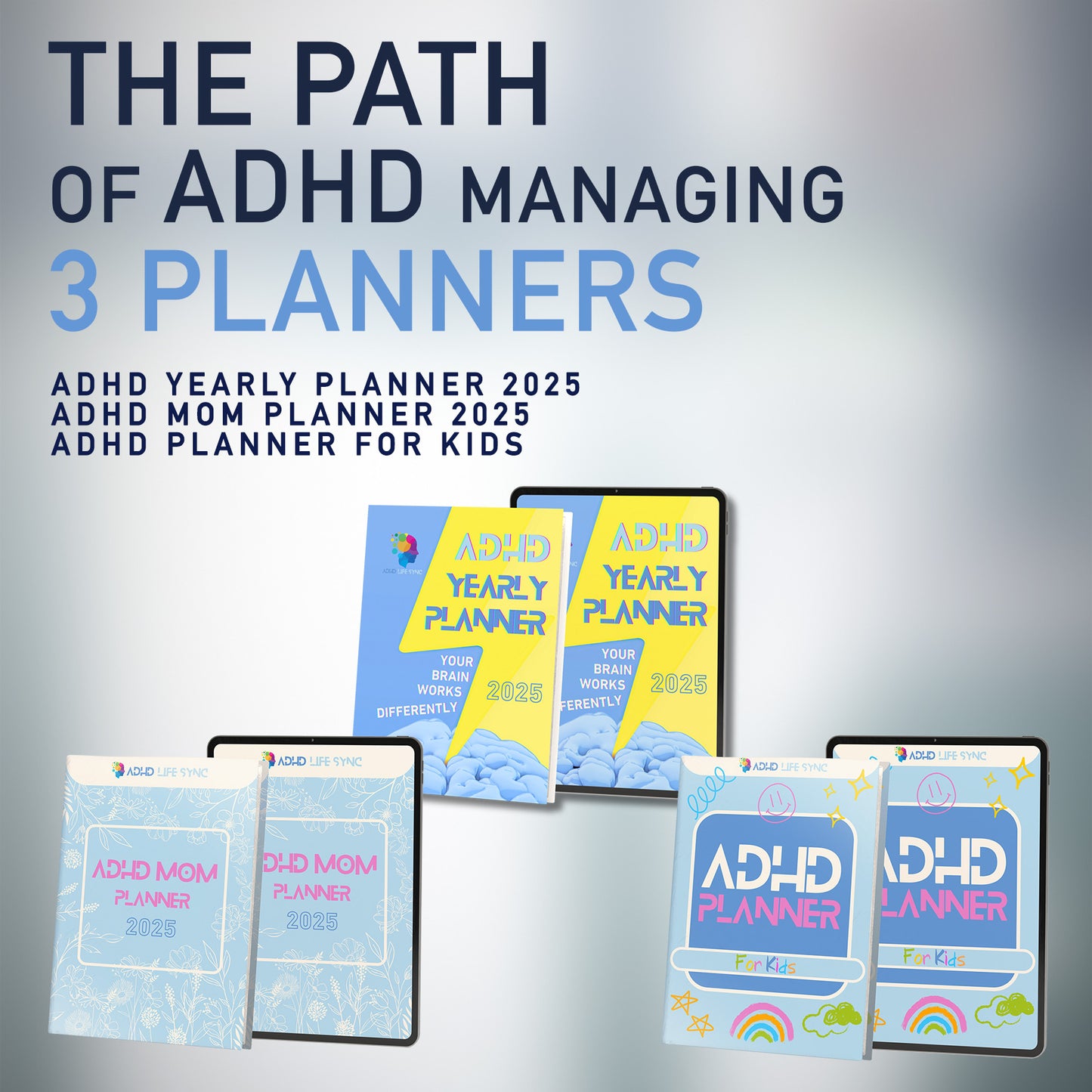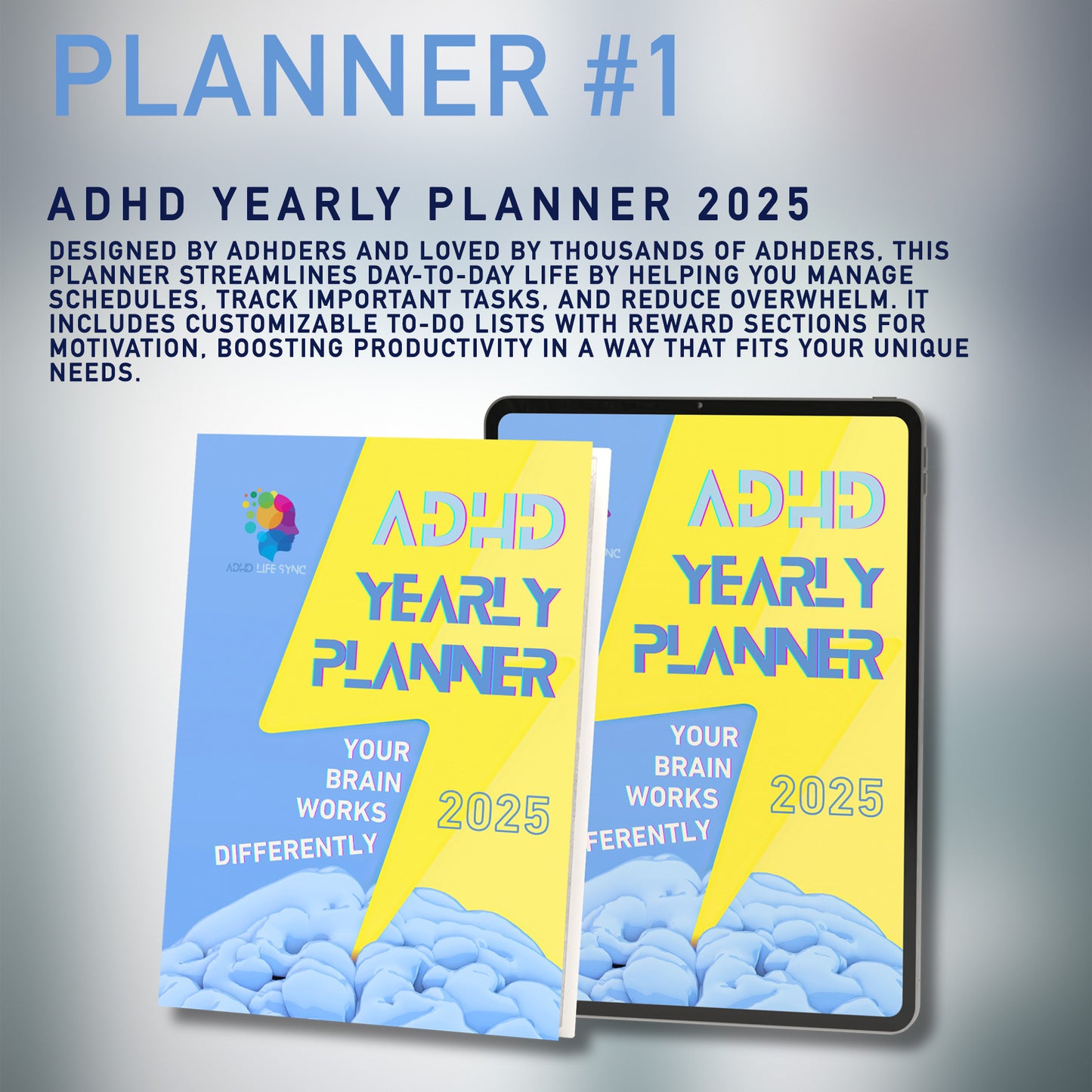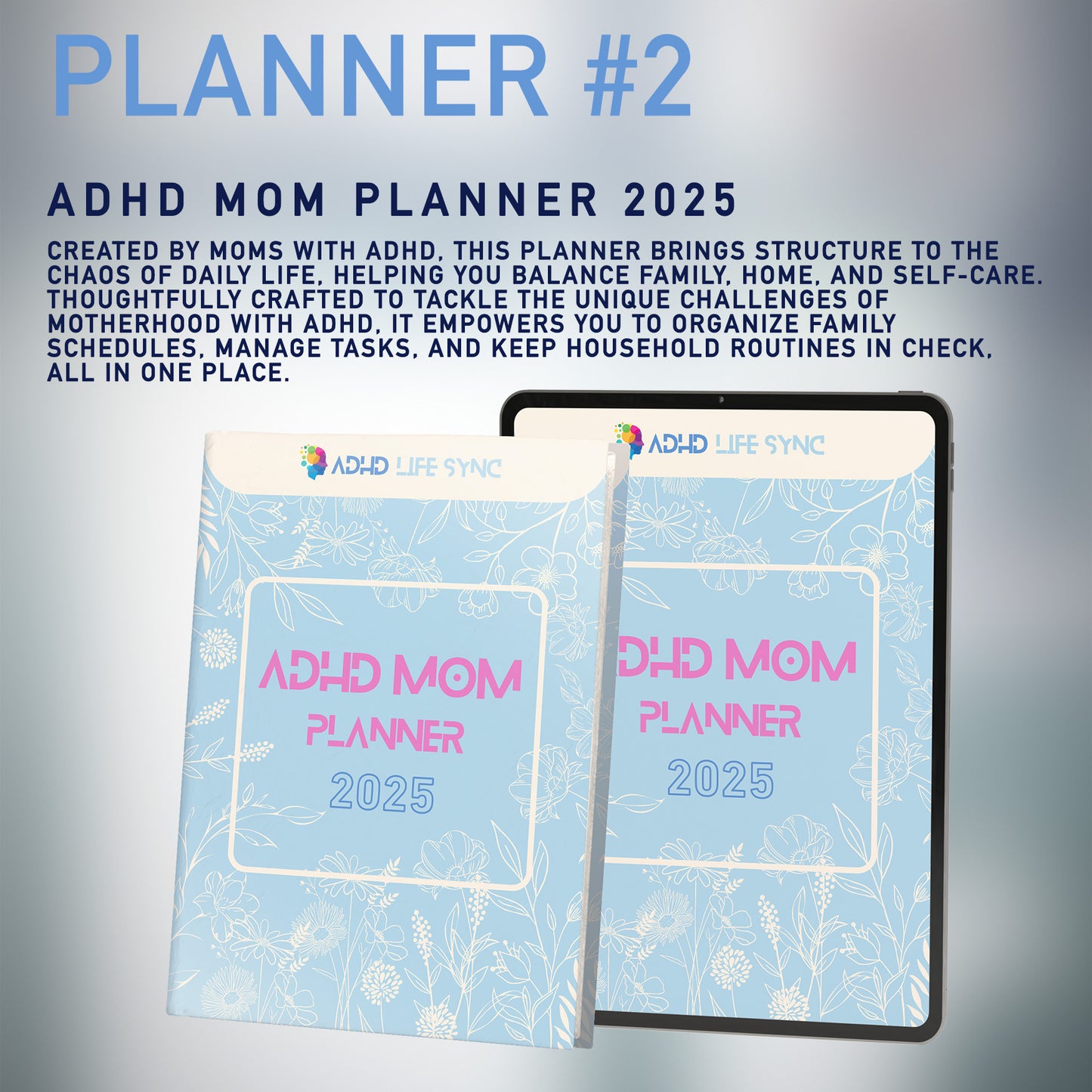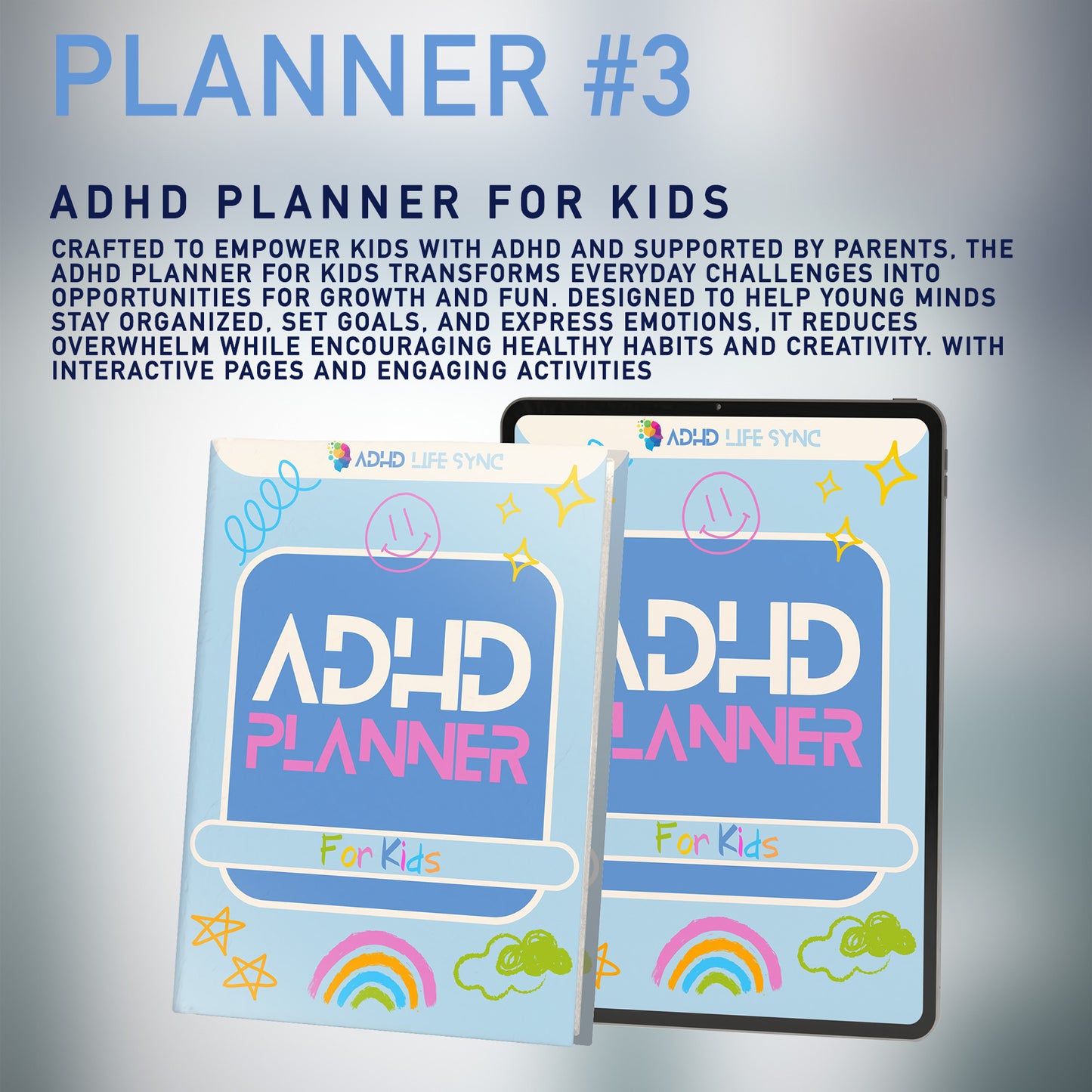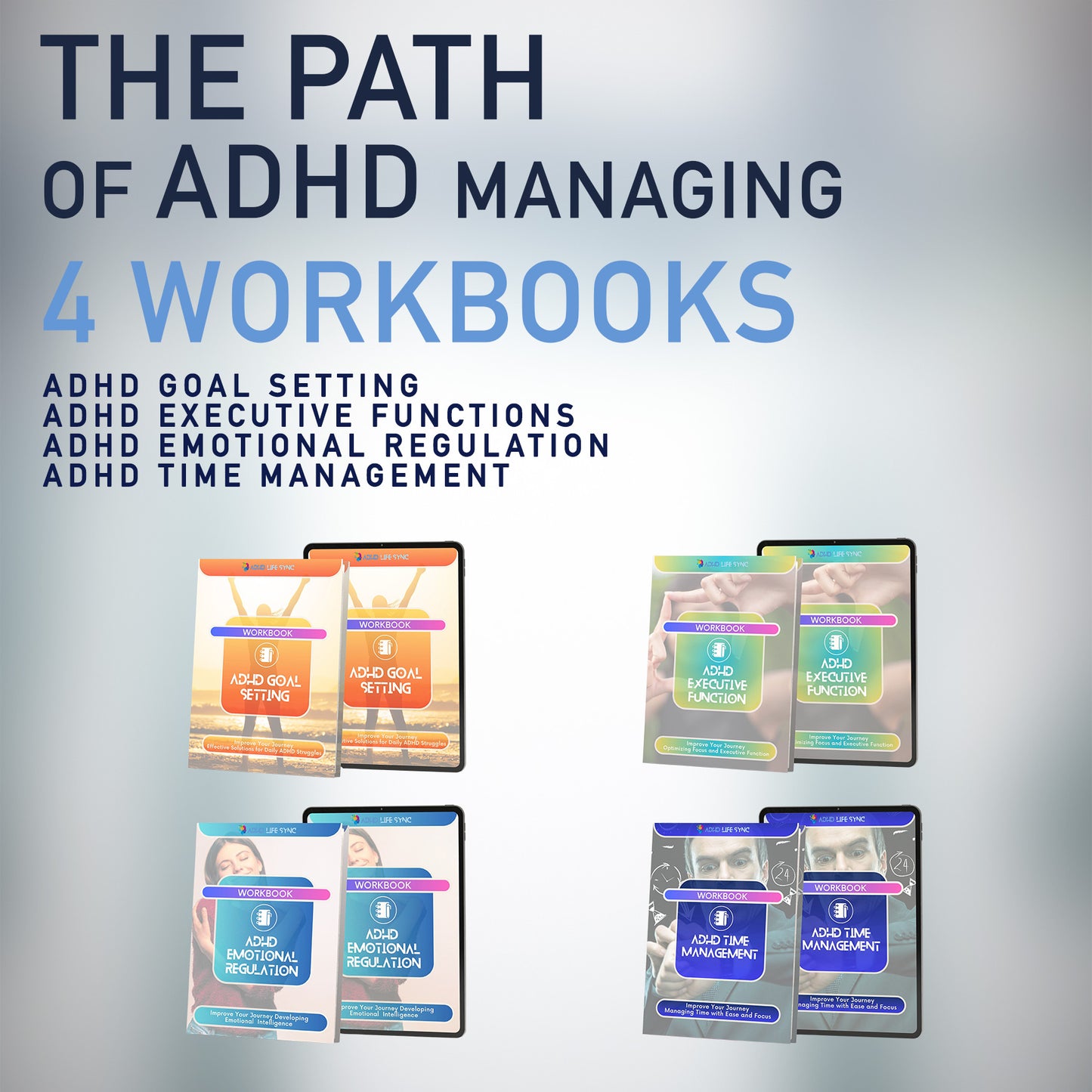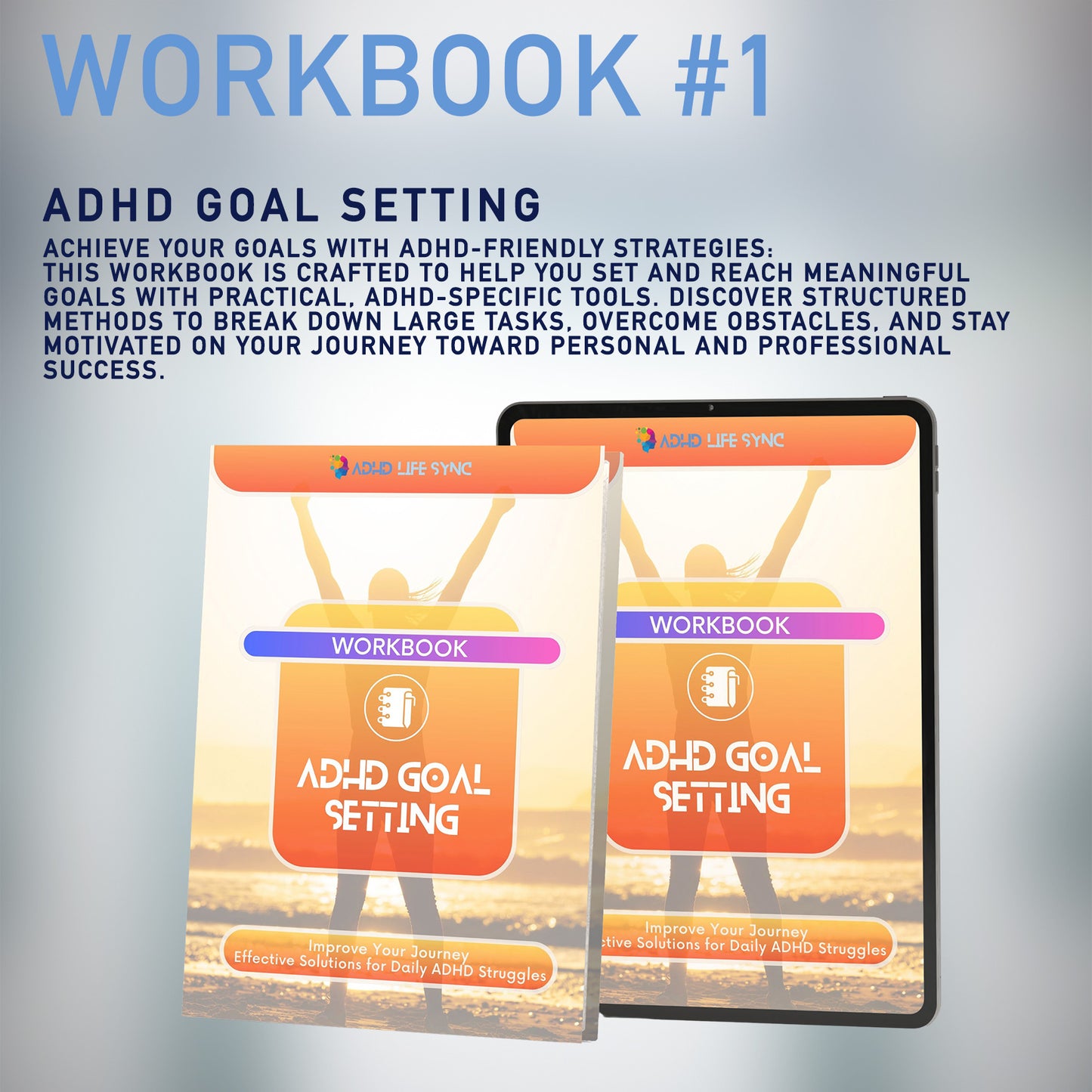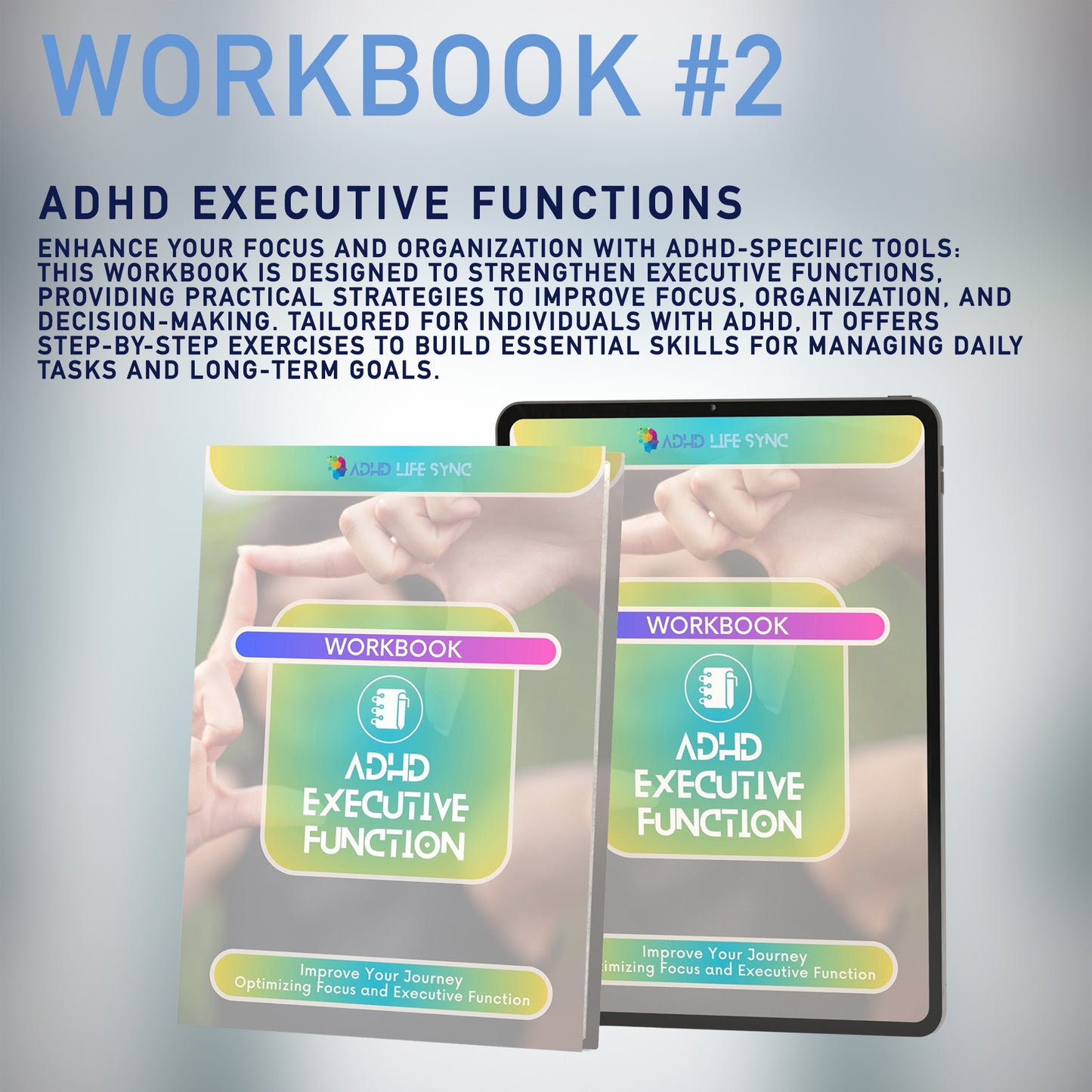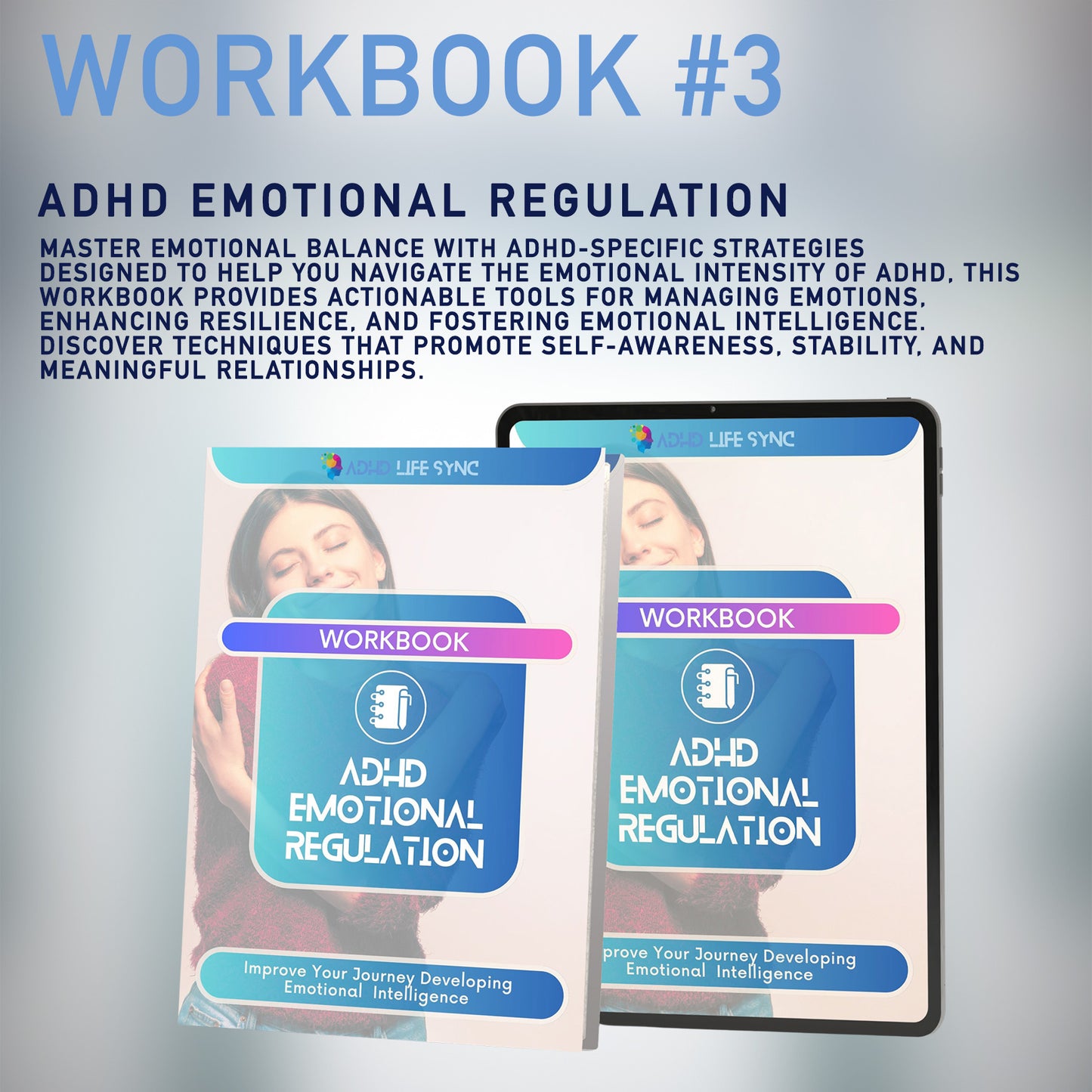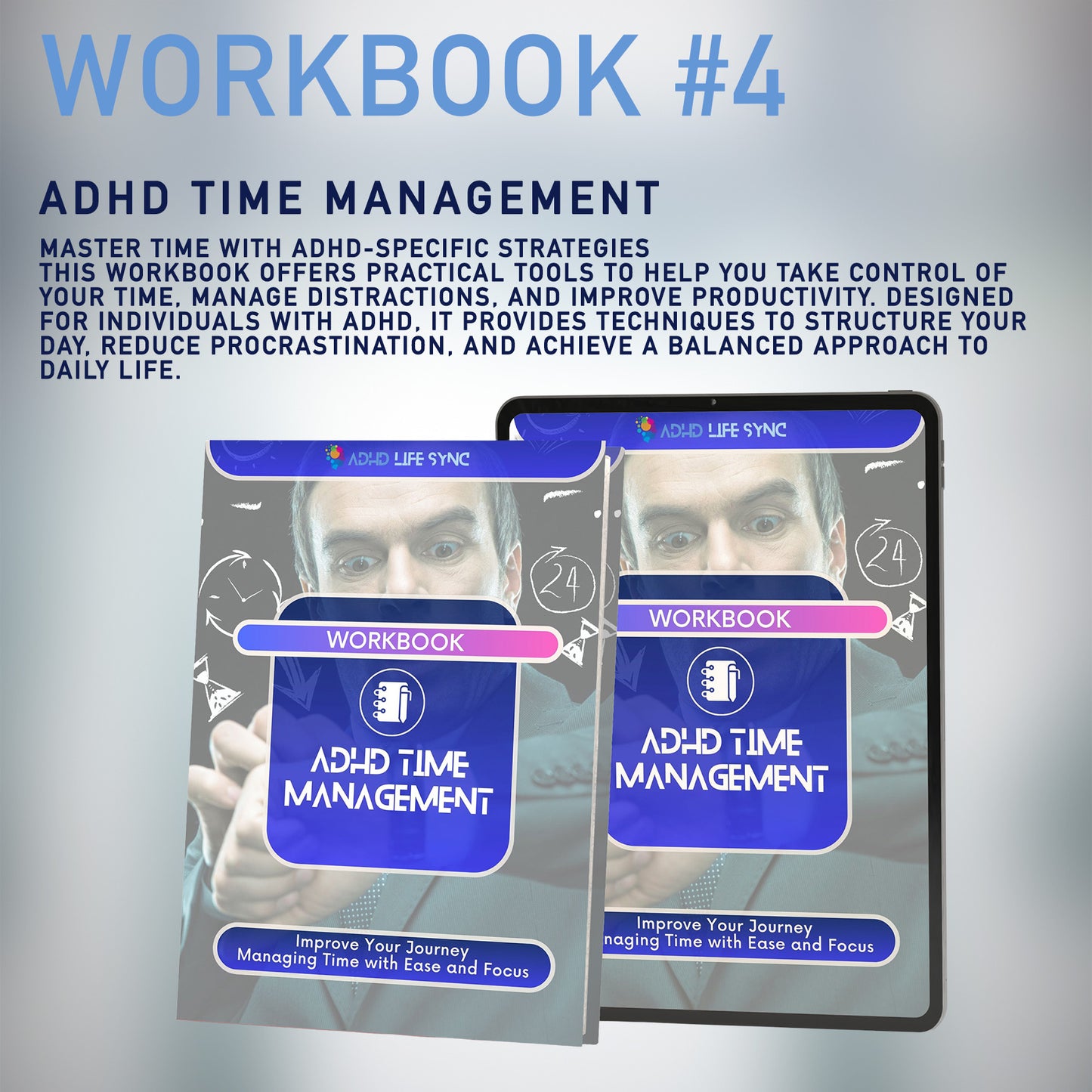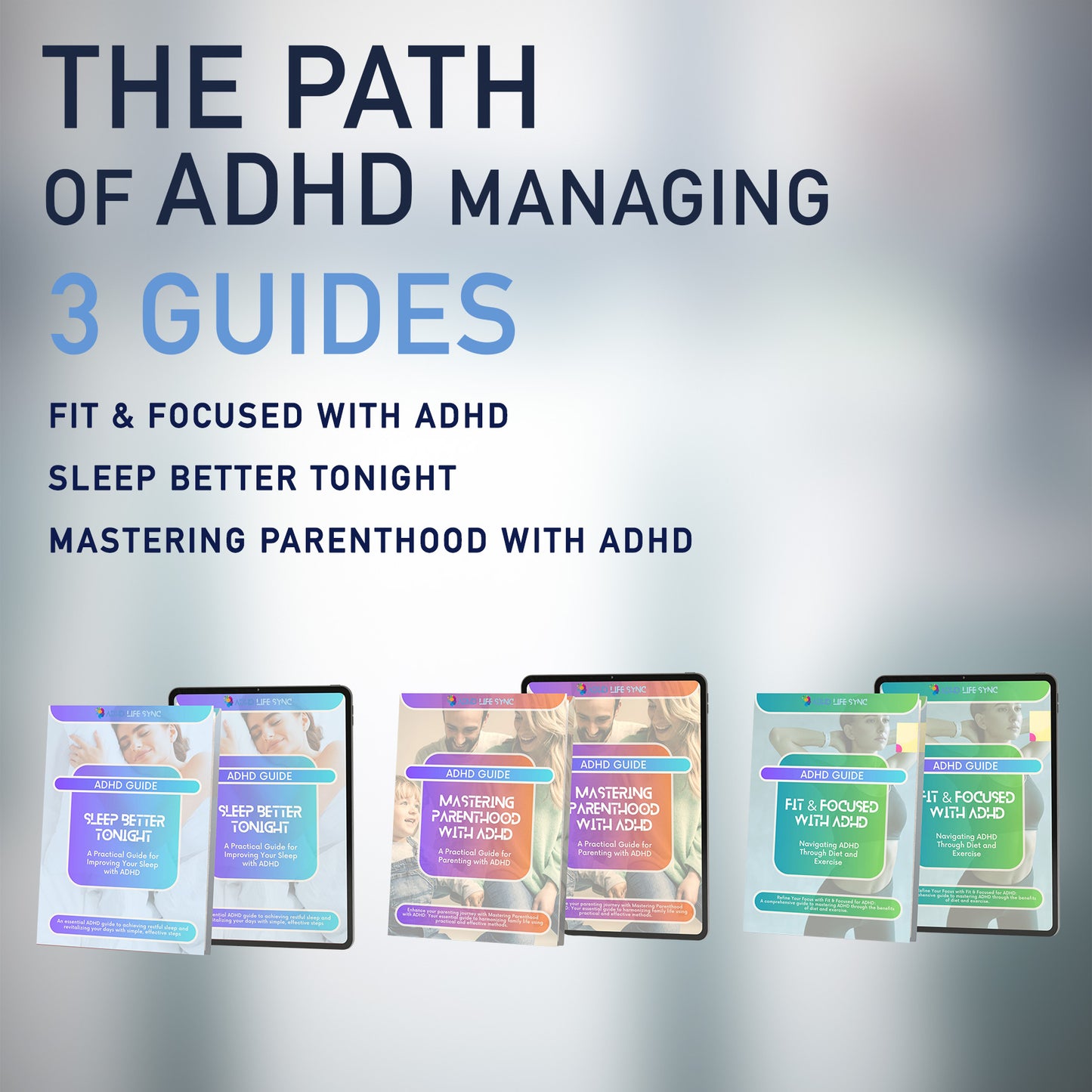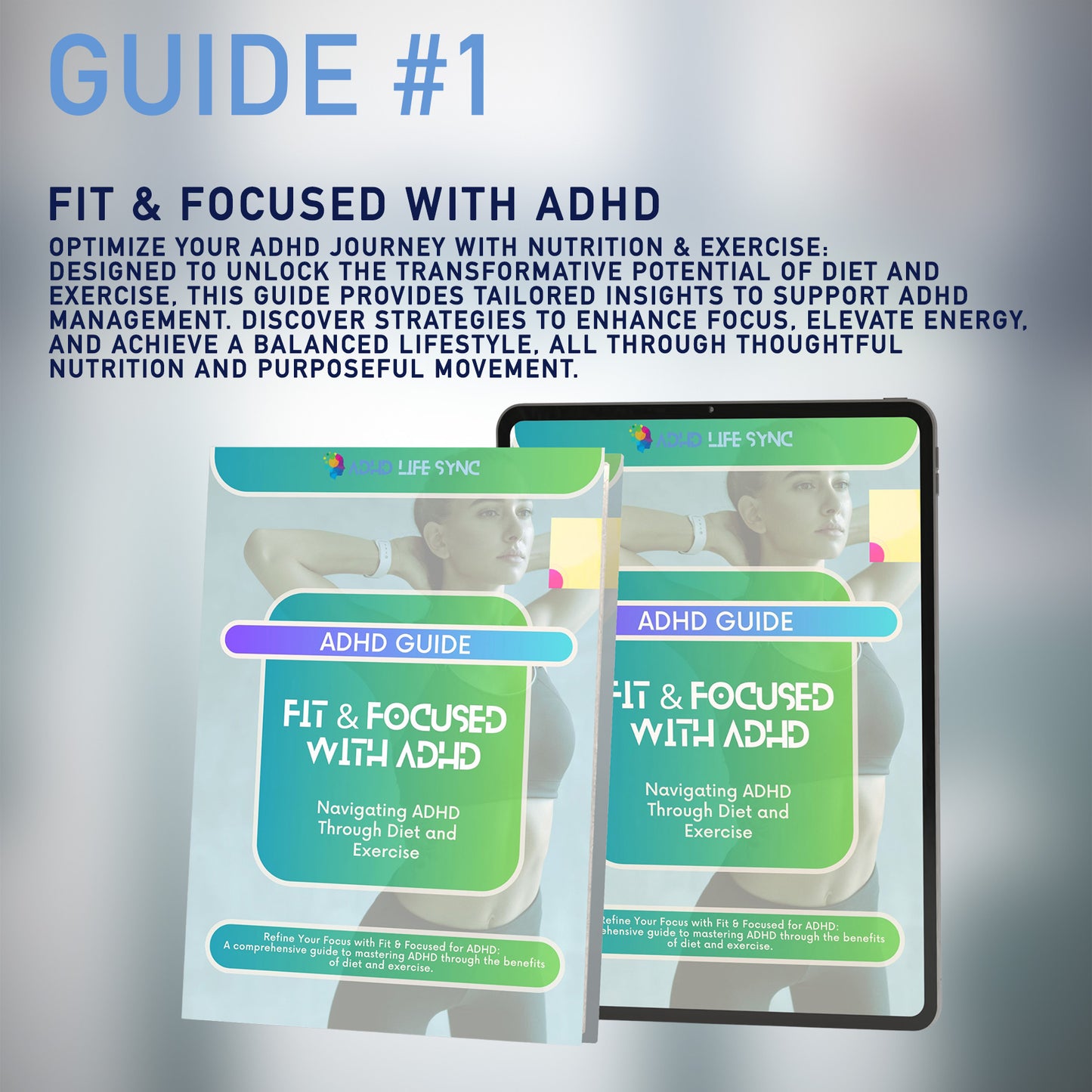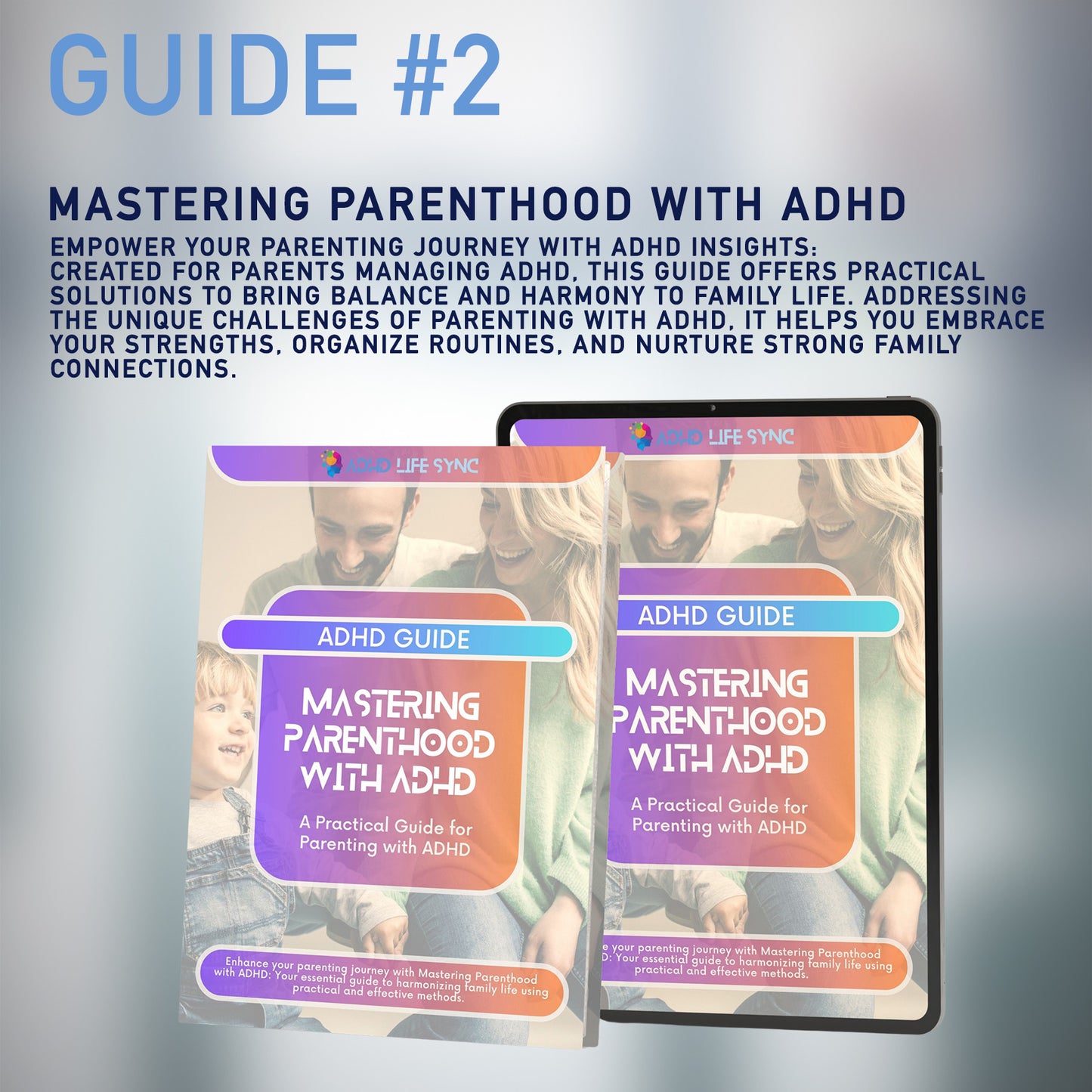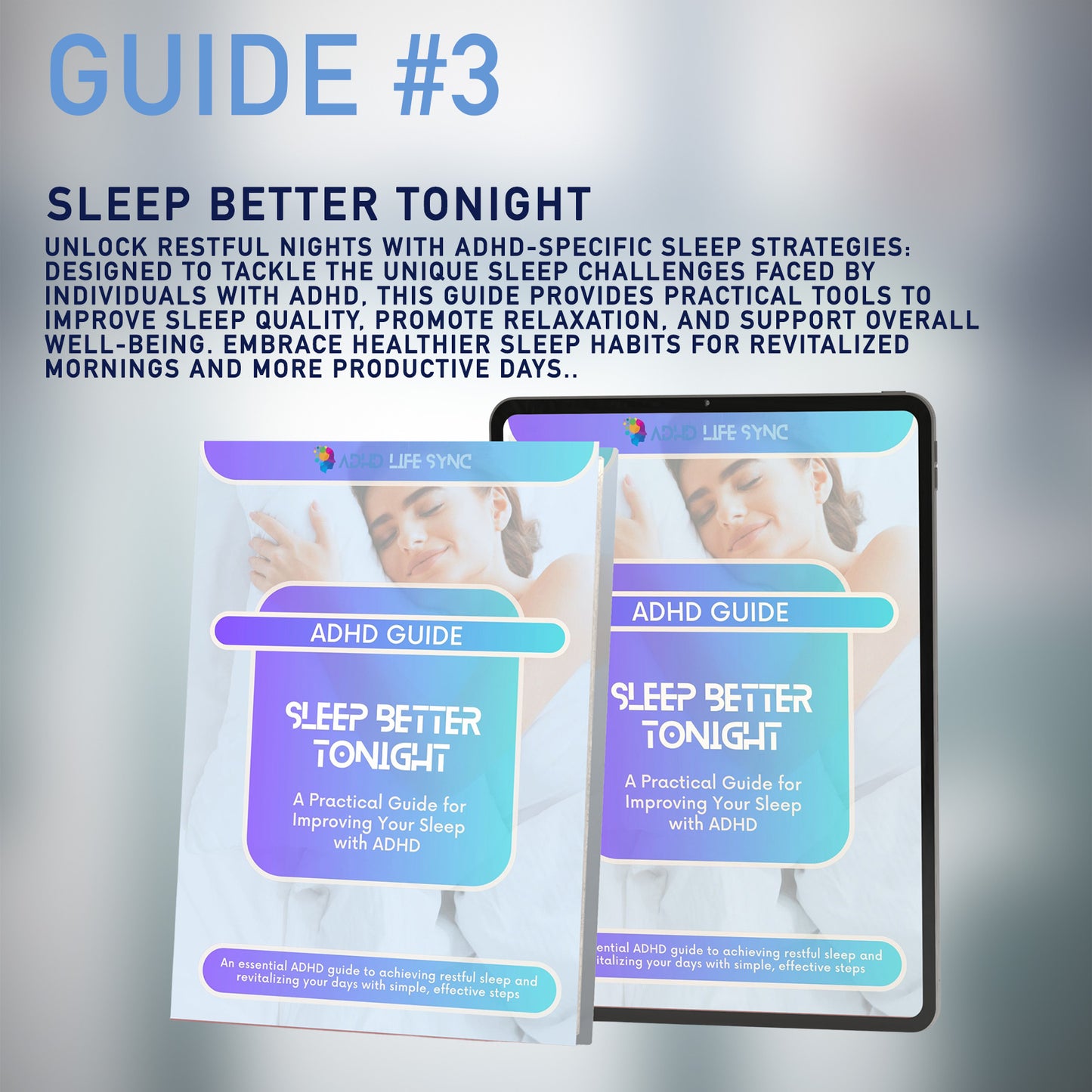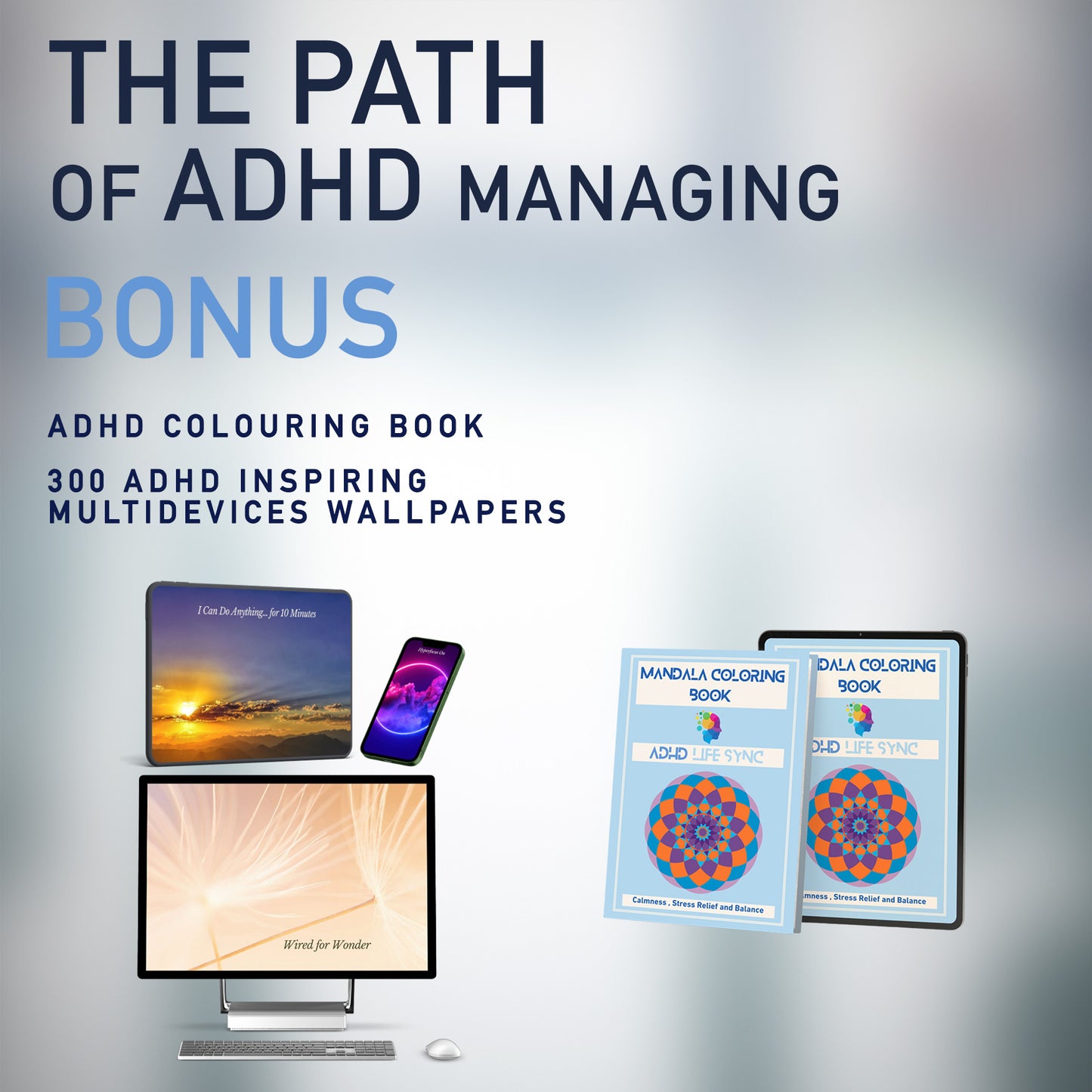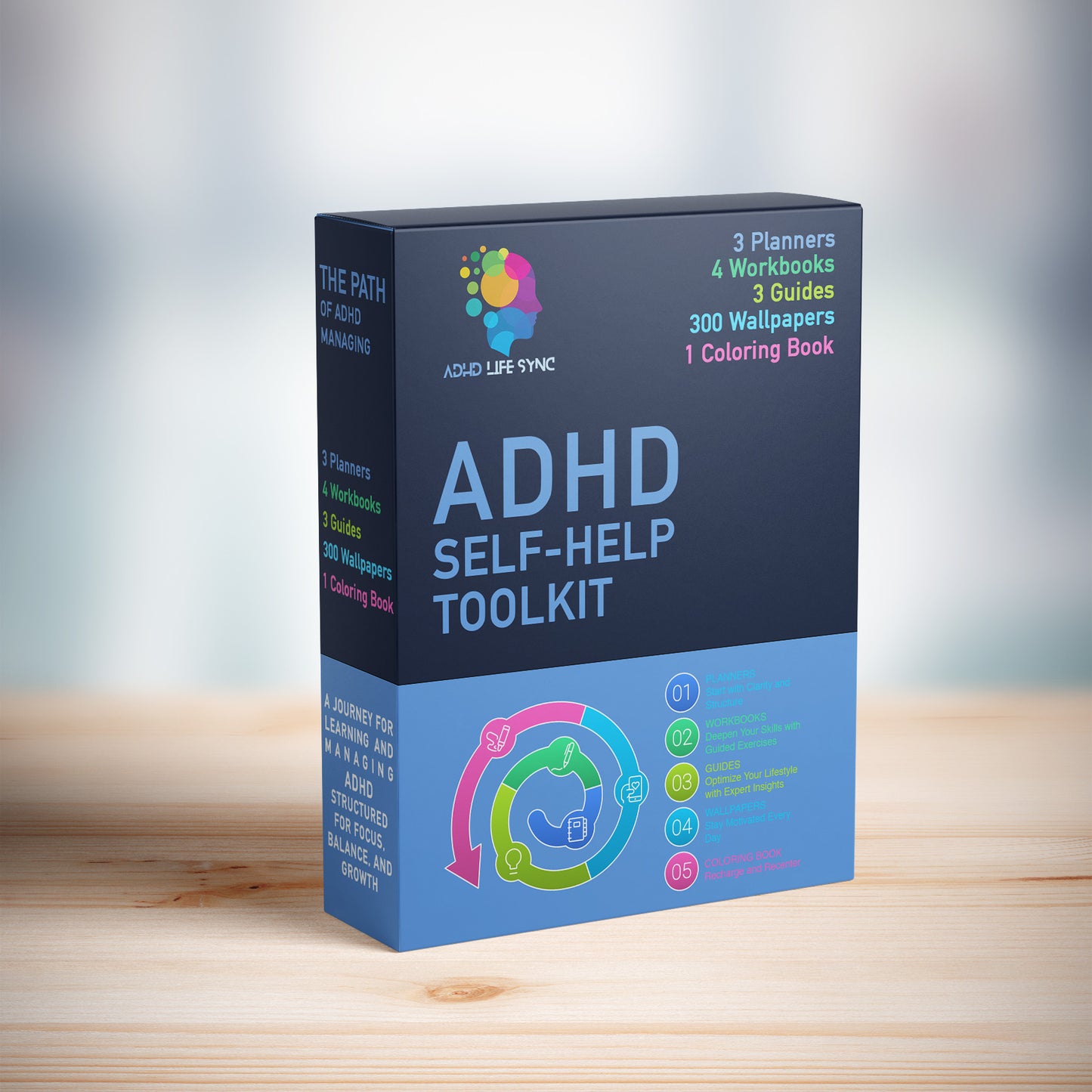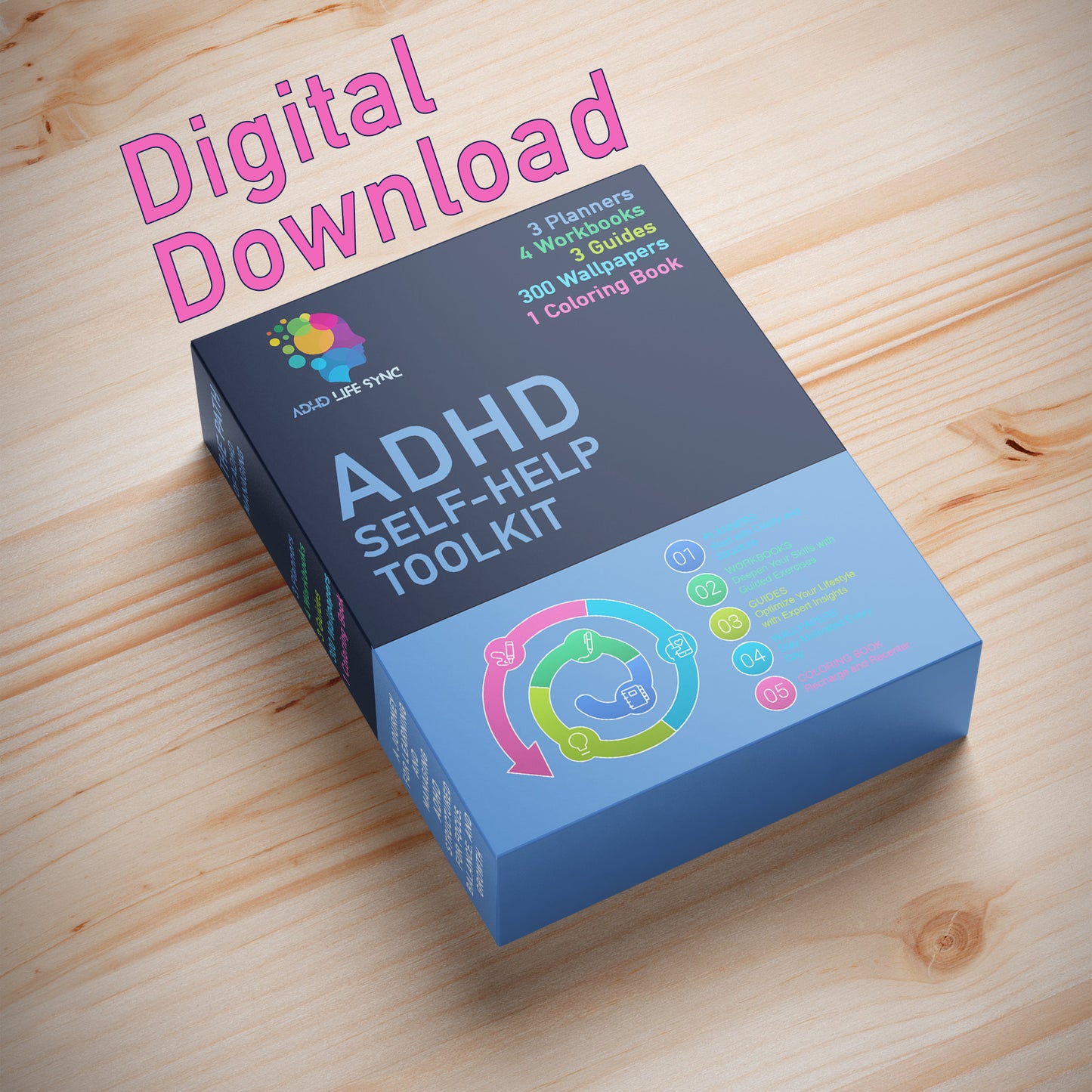
ADHD and Mindfulness Meditation: A Path to Enhanced Focus and Self-Regulation
Exploring Mindfulness as a Solution
Mindfulness meditation has emerged as a significant non-pharmacological approach to alleviating symptoms of ADHD in both adults and children. The practice, which involves a focused awareness on the present moment in a non-judgmental manner, has been shown to foster self-regulation and improve attention spans—areas where individuals with ADHD often struggle.
Dr. Lidia Zylowska's pioneering research underscores the potential of mindfulness exercises, such as mindful walking and seated meditation, to aid individuals with ADHD. By encouraging a state of active, open attention on the current moment, mindfulness meditation helps mitigate common ADHD challenges like distractibility and impulsivity.
Integrating Mindfulness into Daily Life
Incorporating mindfulness practices into one's daily routine can be a game-changer for individuals with ADHD. Here's how to make it a part of everyday life:
- Habit Tracker: Use this section of your planner to establish and keep track of your mindfulness exercises. Consistency is key, and tracking your habits can reinforce a regular practice.
- Mood Tracker: Reflect on how mindfulness impacts your emotional well-being. By documenting your mood before and after meditation, you can gain insights into the practice's effectiveness.
- Relax Section: Dedicate a part of your day to unwind and practice mindfulness. This can be through guided meditations, mindful breathing, or other relaxation techniques.
Further Learning and Benefits
For those interested in exploring the intersection of mindfulness and ADHD further, Dr. Lidia Zylowska's work is an invaluable resource. Her research and insights can be found on Psychology Today, offering a deeper understanding of how mindfulness can serve as a tool for managing ADHD symptoms.
By setting aside just a few minutes each day for mindfulness meditation, individuals with ADHD can achieve significant improvements in focus, emotional regulation, and overall well-being. This commitment to mindfulness can lead to a more balanced, centered, and fulfilling life, showcasing the profound impact that such a simple practice can have on managing ADHD.
